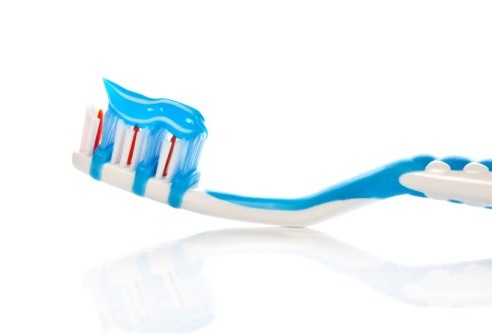PUBLISHEDED IN TCI WEEKLY NEWS
28th March 2015
 Good all-round health is vital for a mother to produce a healthy baby and this most definitely extends to the health of the mother’s mouth. The mouth is an obvious portal of entry to the body, and oral health reflects and influences general health and well being. Several studies have proven that maternal oral health has significant implications for birth outcomes and infant oral health.
Good all-round health is vital for a mother to produce a healthy baby and this most definitely extends to the health of the mother’s mouth. The mouth is an obvious portal of entry to the body, and oral health reflects and influences general health and well being. Several studies have proven that maternal oral health has significant implications for birth outcomes and infant oral health.
The two main issues to guard against are maternal periodontal disease (gum disease) and dental caries (tooth decay). Mothers with extensive tooth decay are most likely to harbor certain types of bacteria in their saliva which will transmit to the child, so by elevating the risk of early childhood caries. Perhaps even more concerning is that periodontal disease- chronic infection of the gums and supporting tooth structures- has been associated with preterm birth, development of preeclampsia (pregnancy hypertension), and delivery of low-birth-weight infants. This is due to bacteria from the mother’s mouth entering the blood stream, from where it reaches the amniotic fluid that surrounds the baby, and the baby can then swallow the bacteria. This can cause the baby to get an infection — either as a newborn, or while the infant is still inside the uterus.
 An exacerbating factor is also the fact that, both periodontal disease and caries are typically asymptomatic for long periods of time ie. patients may not know that are suffering with the problem and therefore take no steps to rectify it.
An exacerbating factor is also the fact that, both periodontal disease and caries are typically asymptomatic for long periods of time ie. patients may not know that are suffering with the problem and therefore take no steps to rectify it.
However, the good news is that both of these diseases are largely preventable with good general healthcare, good dental care at home and with regular visits to the dentist.
During pregnancy eating a nutritious, well-balanced diet containing plenty of fresh vegetables and fruit is of real benefit to the health of your teeth and gums, as well as being good for your developing baby too! Cutting back on highly processed foods (which are usually low in nutrients), and foods and drinks that are high in sugar will also be of great benefit.
Brushing teeth twice a day- early morning and last thing at night- with a fluoride toothpaste and flossing regularly is an absolute must- whether pregnant or not! Cavities occur when foods containing carbohydrates (sugars and starches) are left on the teeth. Bacteria that live naturally in the mouth digest these foods, turning them into acids. The bacteria, acid, food debris, and saliva in the mouth combine to form plaque, which sticks to the teeth. The acids in plaque dissolve the enamel surface of the teeth, which over time creates holes in the teeth called cavities. Regular brushing and flossing removes the plaque and food debris and helps prevent cavities. An antibacterial mouth wash can also be used, which will help to destroy the bacteria that contribute to gum disease. I recommend using a non-alcohol based mouth wash.
Finally, regular visits to the dentist will ensure any problems are detected and treated early thus preventing minor problems escalating into anything more serious that could threaten the health of the baby.